Understanding Obsessive Compulsive Disorder (OCD)
Obsessive Compulsive Disorder (OCD) is a complex mental health condition that affects millions of people, causing recurring, intrusive thoughts (obsessions) and compulsions to perform specific behaviors or rituals. Individuals with OCD experience intense anxiety when they are unable to complete these compulsions, which can significantly impact daily life and overall well-being.
Common symptoms of OCD include excessive cleaning, repetitive checking, compulsive counting, and mental rituals. Some individuals struggle with obsessive thoughts that create extreme distress, while others feel trapped in compulsive behaviors that interfere with work, relationships, and daily routines. OCD can be effectively treated through a combination of medication, therapy, and evidence-based treatment approaches designed to help individuals regain control over their lives.
Signs & Symptoms of OCD
Recognizing the signs and symptoms of Obsessive Compulsive Disorder (OCD) is the first step toward effective treatment. OCD is characterized by two main components—obsessions and compulsions—that can disrupt daily functioning and cause significant emotional distress. While everyone may experience occasional intrusive thoughts, OCD involves persistent, unwanted thoughts that lead to repetitive behaviors performed to reduce anxiety.
These symptoms often intensify over time, especially when left untreated. Individuals may spend hours each day trying to quiet their thoughts or complete rituals, leaving them feeling frustrated, exhausted, or ashamed. OCD can manifest differently from person to person, but some common signs include:
-
Intrusive and distressing thoughts, images, or fears that are difficult to control
-
Repetitive behaviors or mental rituals, such as handwashing, checking, counting, or praying
-
Fear of contamination, harm, or making a mistake
-
Intense anxiety or discomfort when unable to perform a compulsion
-
Avoidance of people, places, or situations that might trigger obsessive thoughts
-
Interference with work, school, relationships, or daily routines
If you recognize these symptoms in yourself or a loved one, it may be time to seek professional support. OCD is a treatable condition, and early intervention can help prevent symptoms from worsening over time. At Apogee Behavioral Medicine, we provide compassionate, evidence-based care designed to help individuals manage OCD and build a healthier, more fulfilling life.

Achieving Lasting Relief from OCD
Overcoming OCD is possible with the right treatment, commitment, and ongoing support. Individuals must learn to recognize triggers, manage symptoms, and develop coping strategies to maintain progress and prevent relapse. Ongoing therapy, medication management, and self-care are essential for long-term recovery.
Maintaining a healthy lifestyle, including regular exercise, balanced nutrition, and stress management techniques, can further support mental wellness. At Apogee Behavioral Medicine, we partner with individuals on their journey to lasting recovery, providing the necessary resources, expertise, and compassionate care to help them regain control over their lives.
Anxiety Disorders: OCD Treatment Options
Treating anxiety disorders, including OCD, requires a comprehensive approach that addresses the root causes of obsessions and compulsions. OCD treatment often includes Cognitive-Behavioral Therapy (CBT), Exposure and Response Prevention (ERP), and Acceptance and Commitment Therapy (ACT). These evidence-based treatments help individuals learn to manage obsessive thoughts, break the cycle of compulsive behaviors, and reduce intense anxiety over time.
For some individuals, medication plays an essential role in OCD treatment. Selective serotonin reuptake inhibitors (SSRIs), such as fluoxetine and sertraline, are commonly prescribed to help regulate anxiety symptoms and alleviate obsessive thoughts. Our licensed clinical social workers, psychiatrists, and therapists work closely with each patient to develop a personalized treatment plan that aligns with their unique needs.
Finding the Right OCD Treatment in North Carolina
Finding the right OCD treatment center in North Carolina involves considering various factors, such as location, cost, insurance coverage, and treatment approach. Evidence-based treatment is essential for effectively treating OCD, so it’s important to choose a provider with extensive experience in OCD treatment.
At Apogee Behavioral Medicine, our team specializes in treating OCD and other anxiety disorders, providing individual therapy, medication management, and personalized treatment programs. Our clinicians and therapists are highly trained in exposure and response prevention (ERP), commitment therapy, and dialectical behavior therapy (DBT) to help individuals break free from compulsive behaviors and regain control of their daily lives.
Factors to consider when selecting an OCD treatment center in North Carolina include:
- Experience of the providers in treating OCD and related anxiety disorders
- Evidence-based treatment options, such as CBT and ERP
- Insurance coverage and payment options
- Access to in-person and telehealth treatment sessions
What to Expect from OCD Treatment
OCD treatment is tailored to meet each individual’s needs and may involve a combination of individual therapy, group therapy, family therapy, and medication management. Some individuals benefit from intensive outpatient or residential treatment programs, especially in severe cases where compulsions significantly interfere with daily life.
At Apogee Behavioral Medicine, our approach to OCD treatment includes:
- Comprehensive psychiatric evaluations to determine the best course of treatment
- Cognitive-Behavioral Therapy (CBT) and Exposure and Response Prevention (ERP) for effective symptom management
- Medication management with SSRIs or other treatments when necessary
- Lifestyle adjustments, stress management, and coping strategies
The treatment process varies based on individual needs, and the duration of therapy and medication management will depend on progress and symptom severity. Our team works closely with clients and families to ensure ongoing support, education, and recovery-focused care. These treatments focus on helping individuals develop long-term coping skills, manage compulsions, and reduce obsessive thoughts. Family involvement is also encouraged through family therapy and education, ensuring that loved ones understand OCD and how to provide support.
Same Day Appointments Available
Apogee Behavioral Medicine offers same-day in-office or telehealth appointments. Let Apogee Behavioral Medicine guide you or your loved one on the path to recovery with our Eating Disorder therapists in North Carolina. Compassionate care starts here.

Why Choose Apogee Behavioral Medicine for OCD Treatment in North Carolina?
With a team of experienced providers and a commitment to evidence-based treatment, Apogee Behavioral Medicine is a trusted provider of OCD treatment in North Carolina. Our clinicians specialize in treating anxiety disorders, obsessive-compulsive disorder, and related mental health conditions, ensuring that each client receives personalized, high-quality care. We offer:
- Comprehensive OCD treatment tailored to individual needs
- Expert clinicians trained in ERP, CBT, and commitment therapy
- Medication management for anxiety disorders and obsessive-compulsive disorder
- Telehealth and in-person sessions for accessibility
- Support for families and loved ones through education and counseling
Get Started with OCD Treatment Today
If you or a loved one is struggling with OCD, you don’t have to face it alone. Apogee Behavioral Medicine offers comprehensive treatment options to help individuals break free from obsessions and compulsions, reduce intense anxiety, and regain control over their daily lives.
Call (336) 649-9000 or schedule an appointment online today to take the first step toward lasting relief from OCD. Our team of compassionate professionals is here to help you on your path to recovery and wellness.
FAQs About OCD
OCD often begins with recurring intrusive thoughts that cause distress or anxiety, followed by compulsive behaviors meant to relieve that discomfort. Common early signs include excessive checking (like ensuring doors are locked), frequent handwashing, repeated counting, or avoiding certain situations due to fear of triggering thoughts. If these behaviors start to interfere with daily life, it may be time to seek professional help.
Yes. While medication can be helpful for many individuals, especially those with moderate to severe symptoms, OCD can also be treated effectively with therapy alone. Evidence-based approaches like Cognitive-Behavioral Therapy (CBT) and Exposure and Response Prevention (ERP) are highly successful in helping people manage symptoms, reduce compulsions, and gain better control over intrusive thoughts.
The length of OCD treatment varies based on the individual’s needs, symptom severity, and response to therapy. Some people notice improvement within a few months of consistent therapy, while others may benefit from longer-term care. At Apogee Behavioral Medicine, we tailor each treatment plan to the person, offering both short-term support and ongoing care as needed to promote lasting results.
Insurances Accepted


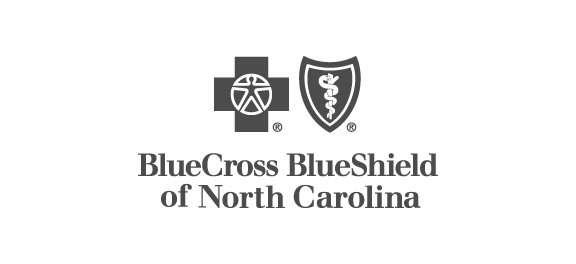
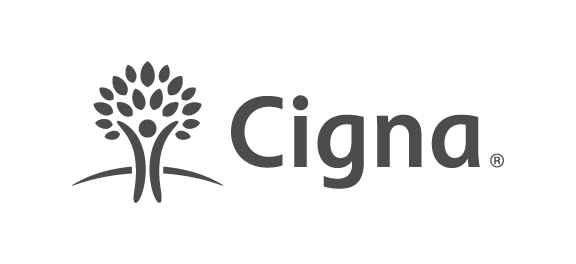


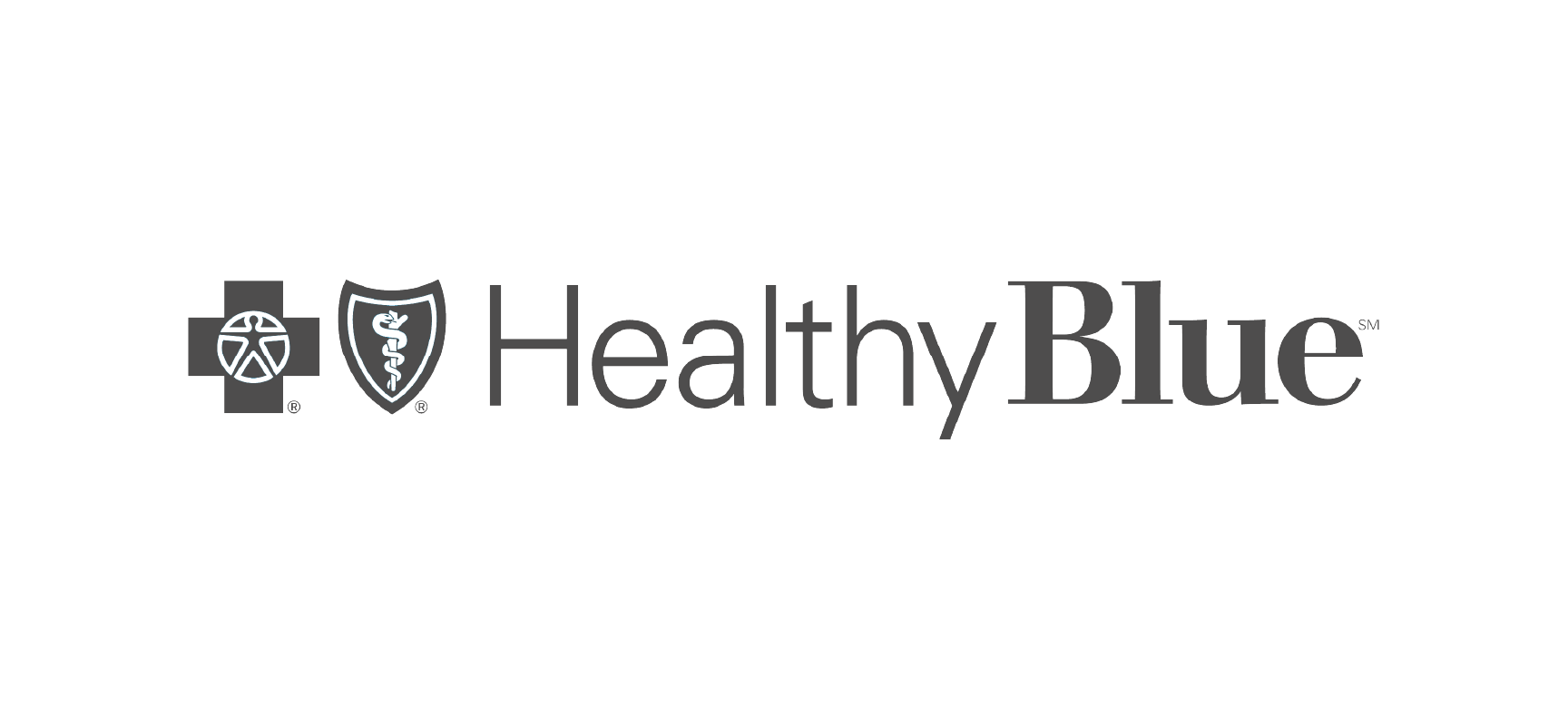



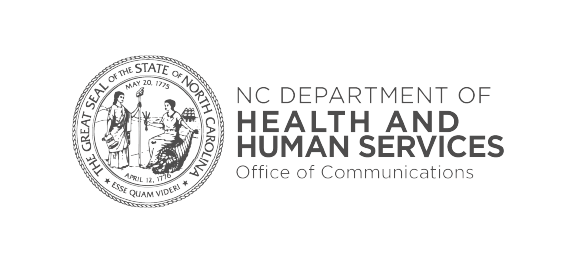

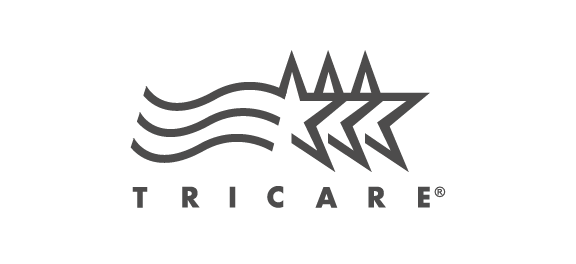



Call us at (855) 409-9002 to see if you are covered.
Insurance plans may vary by state and are subject to change.
